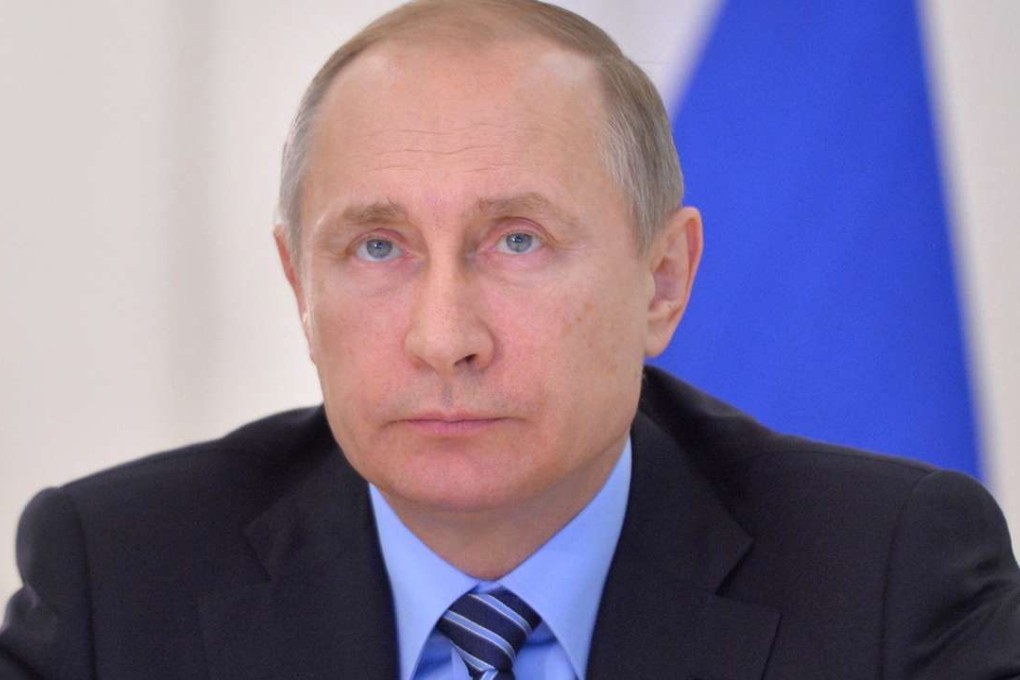
An armed conflict involving the Western allies and Russia could be the most catastrophic clash of superpowers since the second world war.
If Russia, for example, intervenes in Estonia, the US and the Western allies will have to defend Estonia’s sovereignty. The Western allies, however, must take into account that a clash between these titans would be, ipso facto, a third world war and that Russia is the only nation in the world that counts with a nuclear arsenal – 7,700 nuclear warheads – capable of destroying the US.
Some scholars have argued that Russia will not intervene in Nato territory because that is a “red line” that Russian President Vladimir Putin will not cross. Nevertheless, to ignore the probability of a Russian intervention in former Soviet states, for example, Poland, is to ignore Russia’s interventions in the Ukraine and Syria.
Russia is counting on US inaction to intervene in former Soviet states. It is confident that America (with 7,200 nuclear warheads) may opt for a diplomatic solution rather than retaliating and igniting a global conflict.
It is better to be prepared for a Russian intervention in Europe than to be caught off guard by the adoption of yet another sudden geopolitical strategy by Moscow. The Western allies must adopt an incisive approach towards Russia’s geopolitical manoeuvring. They must remain vigilant and unified and not take any actions adopted by Russia lightly.
Given the Russians’ military calibre, an airtight Nato alliance is pivotal; deterrence, monitoring, communication and intelligence sharing are factors that the Western allies must prioritise in order to have a strong stance vis-à-vis Russia’s geopolitical manoeuvring. The Western allies must demonstrate to Russia that it is not facing a broken but a strong alliance.